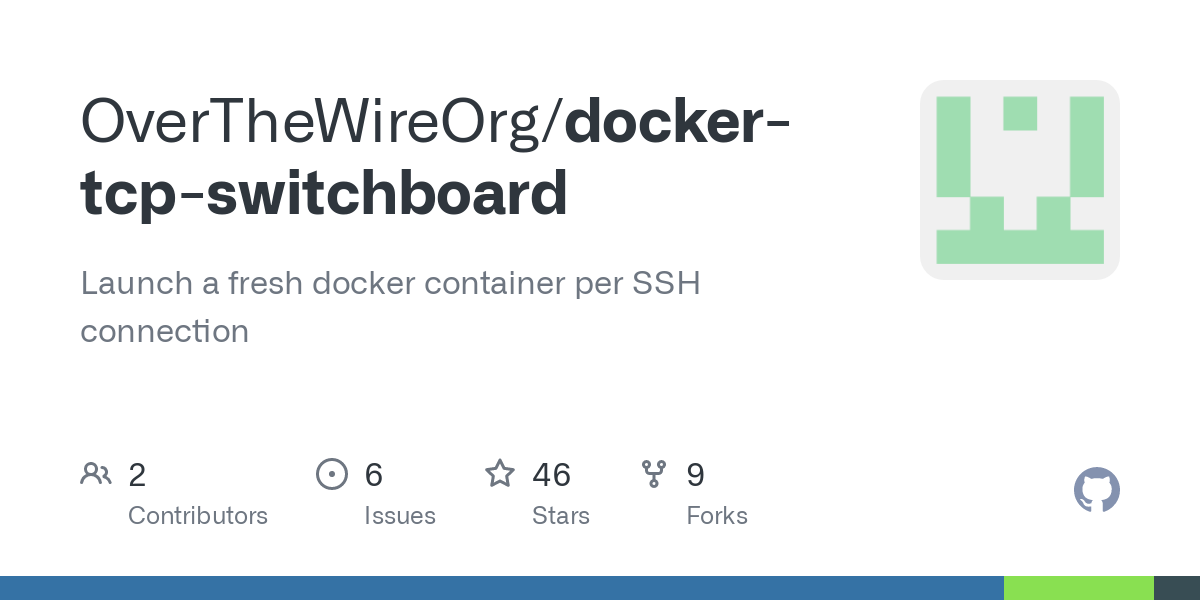

Is there a specific android app you need?
https://gitlab.com/android_translation_layer/android_translation_layer/
And of course waydroid. Both these solutions let you run android app on Linux, but like wine, they won’t work for every app.
Waydroid probably works for all apps not dependent on google though. But it’s more difficult to set up than the android translation layer.













Some software is so complex and difficult that Debian does not maintain it on their own, and instead follows the upstream release cycle.
Browsers are one such example, and as you’ve discovered for me, Thunderbird is probably another.
Also, please do not recommend testing for daily usage. It does not receive critical security updates in a timely manner, including for things that would effect desktop users. Use stable, Sid, or another distro. Testing is for testing Debian ONLY, and by using Debian Testing, you are losing the advantage of immediate security fixes that come from literally any other distro.